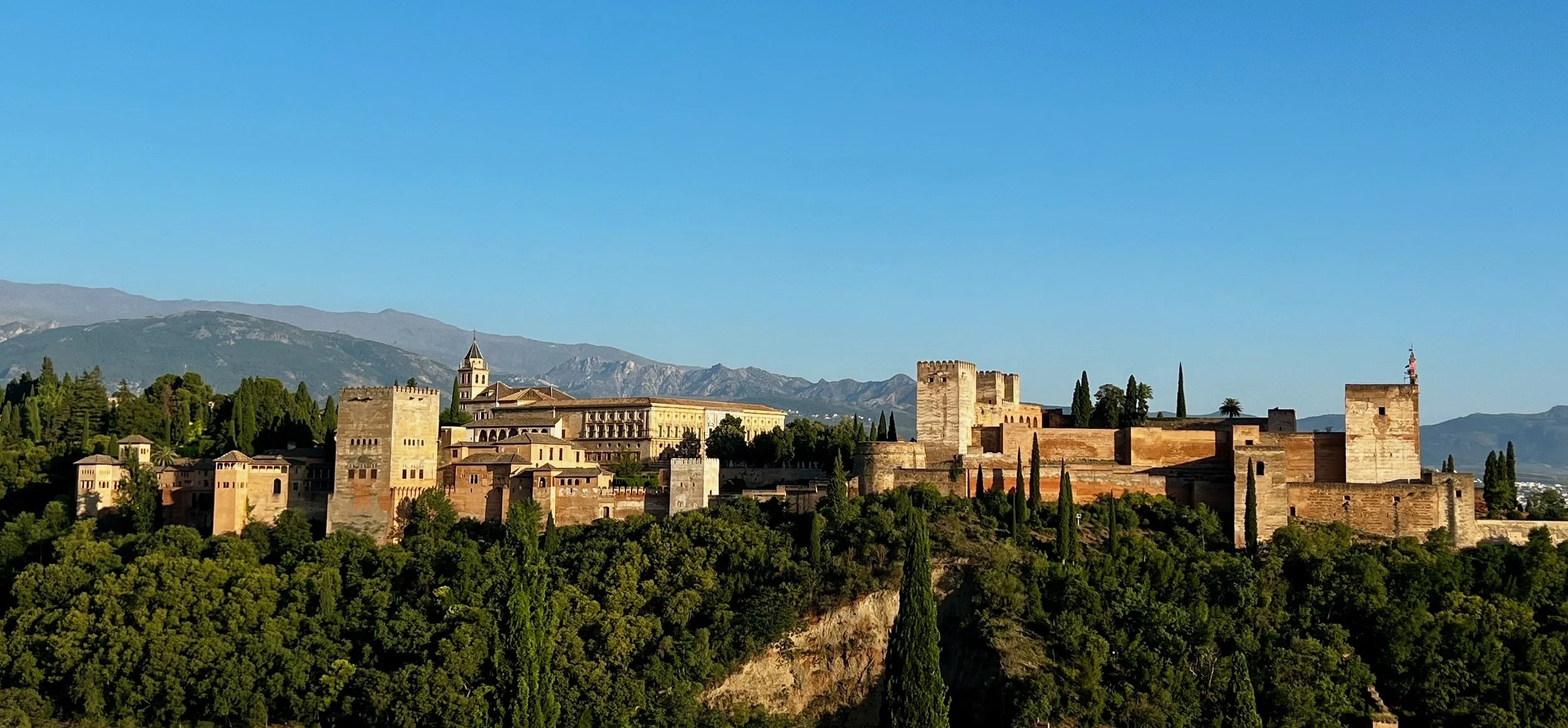
Blessed Are the Depressed — for They Stand at the Door of Rebirth
Imagine an alien landing on earth and stumbling into the middle of a childbirth. What would they see? A woman screaming in pain, another woman pulling something from her body, blood everywhere. To the untrained eye, it would look like horror. The alien’s instinct might be to push the midwife away, stop the chaos, rescue the mother from her torment. Only later would they realize: what they were witnessing was not death, but life. Not destruction but a most miraculous creation.
Many of our deepest crises look the same. To the one suffering, and even to those watching from the outside, depression can appear to be an ending. It feels like something has collapsed, and it is hard to imagine that anything good could ever grow from the ruins. But what if this darkness is not a conclusion at all? What if it is the prelude to a birth?
The Emptying Out
The famous spiritual poet Rumi once compared human life to a guest house. Every day, new visitors arrive — joy, sorrow, shame, loneliness. Some sweep in like honored guests; others come like thieves, violently clearing out the furniture. Yet Rūmī urges us to welcome them all. Even the painful visitors, he says, “may be clearing you out for some new delight.” He concludes by adding:
Be grateful for whoever comes,
because each has been sent
as a guide from beyond.
Here is the gift of depression: it humbles us, it brings us to our knees — and that is the perfect posture for prayer. It holds up a mirror to the hollow places inside and demands reflection. If we seize it, that pause becomes soul‑searching.
These sorrows are not random intruders; they are guides, messengers pointing beyond themselves, whispering: there must be more. The exposure hurts, but it is also preparation — the clearing that makes room for what is next.
You Are Not Alone
When you are depressed, it is easy to feel utterly alone — as if no one else could possibly understand. Some of us discover that there are darker places even below rock bottom, and we may be convinced nobody else has ever endured such an abyss of despair.
But history is full of companions who have walked this road before us.
Buddha was born into royalty, a prince surrounded by every comfort. Yet he wandered for years, restless and unsatisfied, before sitting under the Bodhi tree in despair. The Russian novelist Dostoevsky endured prison, poverty, and thoughts of suicide before writing works that would change world literature. Tolstoy, at the height of fame, confessed that he could no longer see the point of living at all — until he was reborn into a different way of seeing life.
Within the Islamic tradition too, some of the greatest masters passed through darkness before their renewal.

The Guards and the Family of the King: A Metaphor for Sharia and Sufism
There has long been a well-known tension within the Muslim world — a tension that has at times created deep frictions that threatened to tear the ummah apart.
I am speaking of the two major traditions or “wings” of Islam: Sharia — traditional Islamic sciences — versus Tariqah — the Sufi, spiritual path. Over the centuries, there has been great respect between them, particularly in the middle ground, where many scholars have inhabited both worlds. Yet it is undeniable that there has also been misunderstanding and suspicion.
A well-known metaphor beautifully expresses the relationship between the two: Sharia is like the body of a human being, while Sufism is like its soul. Neither can survive without the other. Another metaphor is that Sharia represents the brain and Tariqah the heart; or that one represents the masculine side of faith and the other the feminine side. All of these images emphasize that the two traditions are not meant to compete but to complete one another.
While I was recently reflecting on this relationship, a very different image appeared to me in a spiritual vision — a short story that felt more vivid in its details, one that also happens to integrate all these other metaphors.
The Palace and Its Guardians
Imagine a powerful king with a family very dear to him — his children, his wife, his closest relatives. To protect and house them, he builds a magnificent palace. As all such palaces, this one too was designed so that the most precious ones were placed farthest from the outside world and its dangers, shielded by multiple layers of protection.
As we approach this palace, we encounter layers of guardians. This is the first key image: the guardians. The palace has high walls and imposing gates, and at every door and tower stand the guards. If you have ever seen the guards of a palace, even today in Europe, you know these are stern, serious people. A smiling, casually engaging guard is not a good one. Their intensive training — like that of soldiers or police — prepares them to be vigilant, alert, and suspicious, because they know what is at stake.
And they are not vigilant idly. Just as the police or military know that threats are constant, these guardians understand that all sorts of enemies are always plotting to get inside. To bring down a nation or an empire, enemies will aim at the king himself — or worse, the children who carry the future. So the guards live each day with the knowledge that danger is real, constant, and directed at the heart of the palace.
In this metaphor, these guardians are the Sharia scholars….